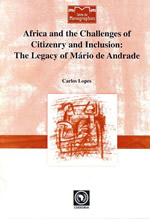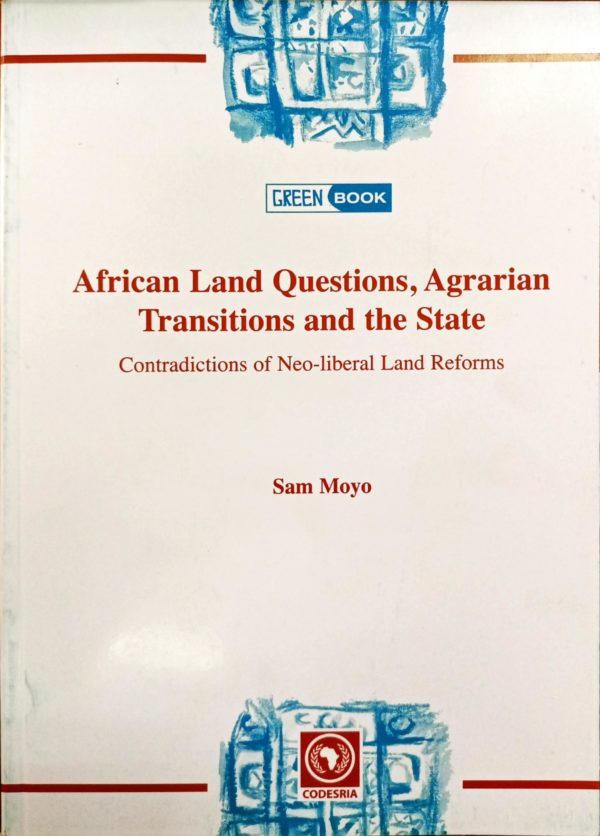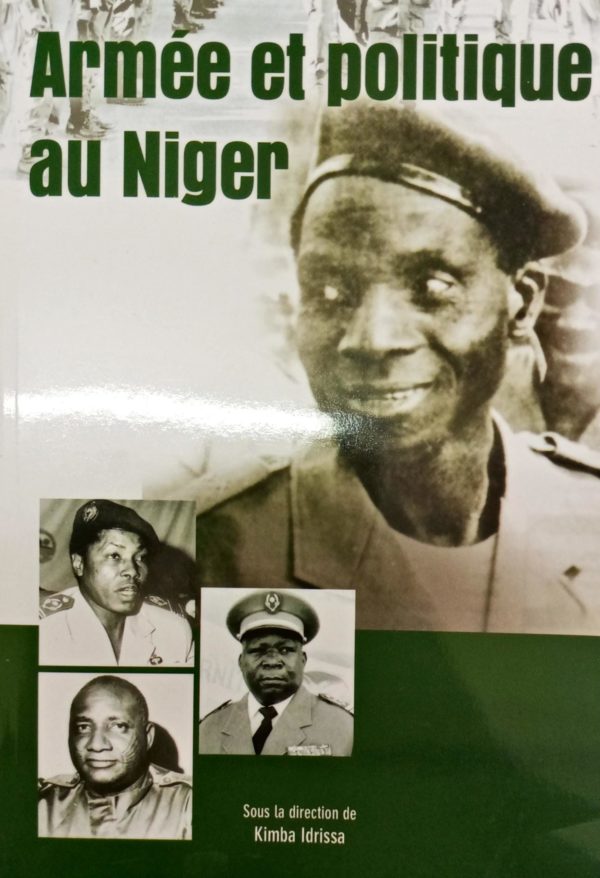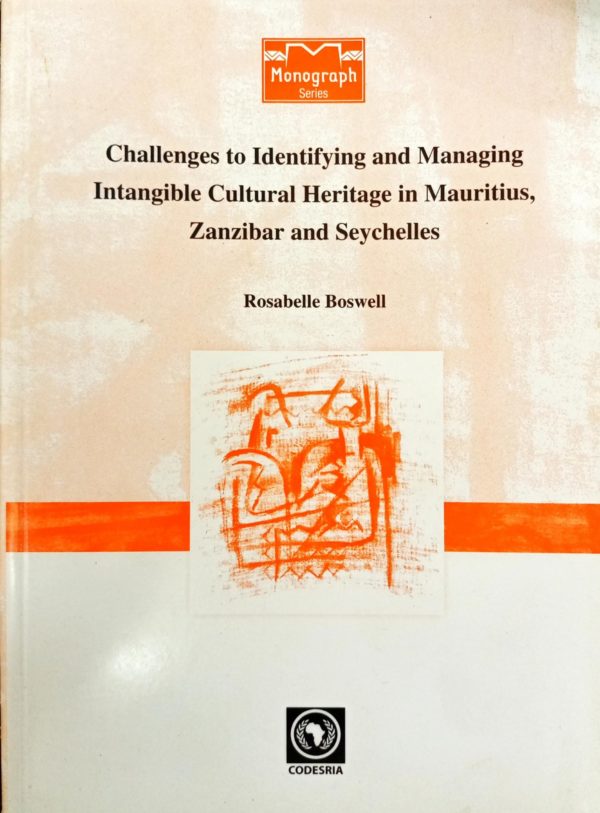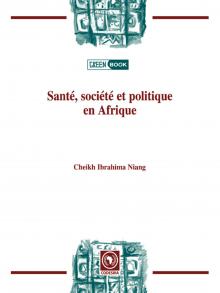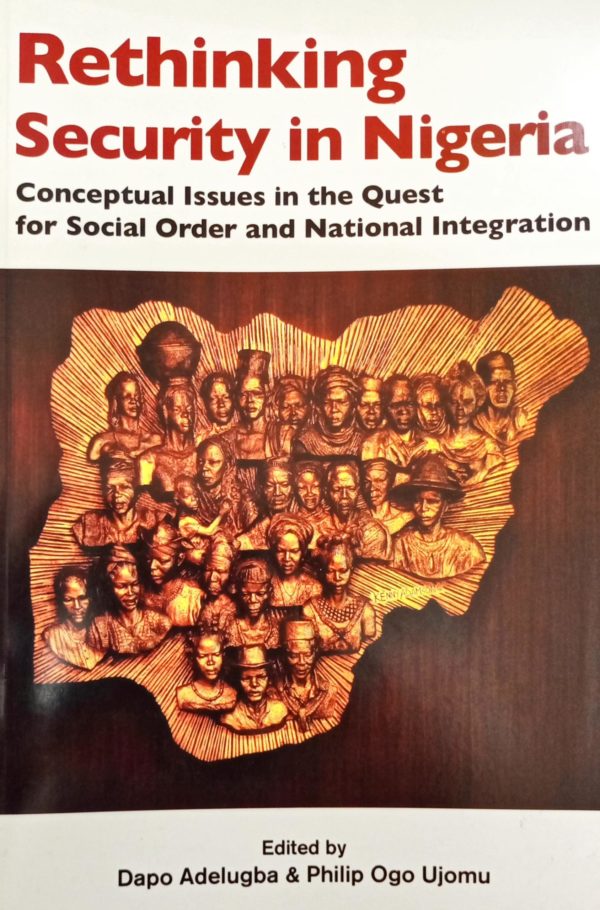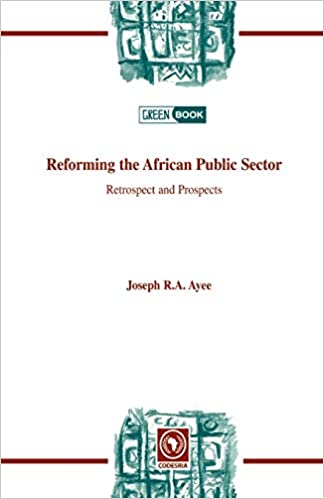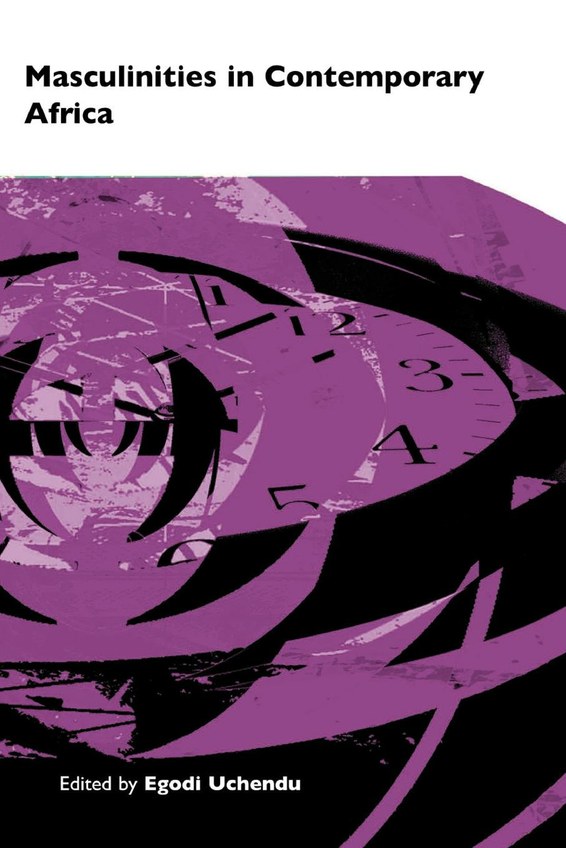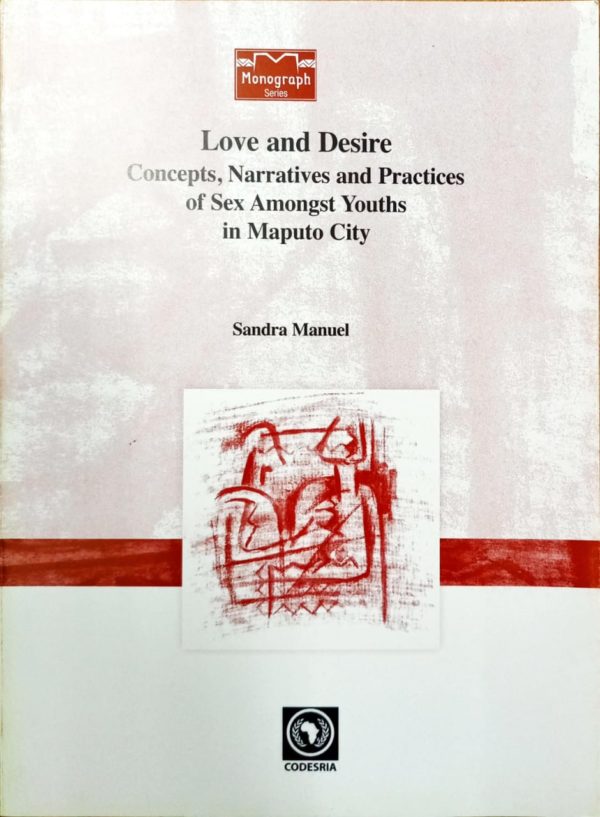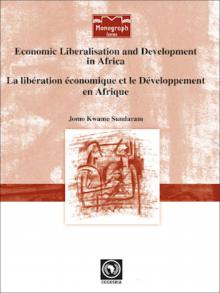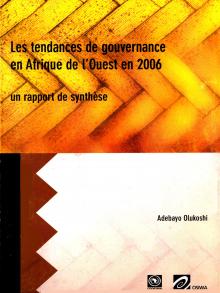Public Humanities – Thinking Freedom in the African University
“This is a major intellectual intervention since the neo-liberalisation of our universities which has had devastating effect on intellectual freedom, critical thought and creativity. It is my hope that the essays in this book will rekindle the debate on the University as a public space and reignite the struggle to reclaim education as the commons and not a commodity for sale.”
Issa Shivji, Professor Emeritus, University of Dar es Salaam, Tanzania
“The essays composing this book are an excellent illustration of how, through an exercise of interdisciplinarity, it is possible to combine theory and practice in the analysis of the context of knowledge production on the continent, addressing themes that are fundamental to African academics. The questions raised become more important in the context of an uncertain future generated by the threats
from COVID-19, which force us to rethink our institutions and their role, but also to permanently find alternatives to produce scientific knowledge from within.”
Professor Teresa Cruz e Silva, Centro de Estudos Africanos,
Universidade Eduardo Mondlane, Maputo, Mozambique
Africa and the Challenges of Citizenry and Inclusion: The Legacy of Mario de Andrade (Printed)
Africa and the Challenges of Citizenry and Inclusion: The Legacy of Mario de Andrade (Printed)
At the 11th General Assembly of CODESRIA, held in Maputo in December 2005, Carlos Lopes presented the Cheikh Anta Diop Lecture on “Africa and the Challenges of Citizenry and Inclusion”, through the legacy of Mario de Andrade of Angola.
He discusses the life and times of Mário Andrade; African nationalism and its revolutionary proposals; and the triumphs and vicissitudes of Negritude and Pan-Africanism. He analyses the consequences for a country’s citizenry, inclusion and respect for identities, and concludes with implications for African intellectuals. Like Mário Andrade, who abhorred the rites associated with power and despaired at exclusionary notions of citizenship, Lopes is critical of narrow nationalism that jeopardises pan-Africanism, and calls on African intellectuals to denounce these practices in the interest of universal identity rights, based on the principle that development brings with it greater opportunities and freedom of choice.
African Land Questions, Agrarian Transition and the State, Contradictions of Neo-liberal Land Reforms (Printed)
African Land Questions, Agrarian Transition and the State, Contradictions of Neo-liberal Land Reforms (Printed)
This empirically grounded study provides a critical reflection on the land question in Africa, research on which tends to be tangential, conceptually loose and generally inadequate. It argues that the most pressing research concern must be to understand the precise nature of the African land question, its land reforms and their effects on development. To unravel the roots of land conflicts in Africa requires thorough understanding of the complex social and political contradictions which have ensued from colonial and post-colonial land policies, as well as from Africa’s ‘development’ and capital accumulation trajectories, especially with regard to the land rights of the continent’s poor. The study thus questions the capacity of emerging neo-liberal economic and political regimes in Africa to deliver land reforms which address growing inequality and poverty. It equally questions the understanding of the nature of popular demands for land reforms by African states, and their ability to address these demands under the current global political and economic structures dictated by neo-liberalism and its narrow regime of ownership. The study invites scholars and policy makers to creatively draw on the specific historical trajectories and contemporary expression of the land and agrarian questions in Africa, to enrich both theory and practice on land in Africa.
Armée et politique au Niger (Printed)
Armée et politique au Niger (Printed)
Il manquait à l’histoire politique du Niger une synthèse présentant les rapports entre l’armée et la politique depuis l’indépendance. Ce pays constitue un terrain privilégié d’analyse dans ce domaine. On compte entre 1964 et 1999 trois coups d’État réussis (avril 1974, janvier 1996 et avril 1999 au cours du processus de démocratisation), au moins quatre tentatives de coups d’État (1964, 1975, 1976, 1983). En 40 ans d’indépendance, le Niger a connu 21 ans de régime militaire, sept systèmes institutionnels différents et quatre militaires comme présidents de la République sur les six qui l’ont dirigé. En moins de dix ans, de la conférence nationale (novembre 1991) au dernier coup d’État (avril 1999), le Niger passe de la Deuxième à la Cinquième République. Statistiquement, depuis 1974, il y a tous les cinq ans un coup d’État ou une tentative de coup d’État. À cela, il faut ajouter sept mutineries et divers mouvements de la troupe entre décembre 1963 et août 2000. En matière d’instabilité institutionnelle, c’est un record sans égal en Afrique. Une étude sur l’armée est assurément plus que jamais d’actualité. La récurrence de son apparition sur la scène politique impose une autre façon de regarder l’armée nigérienne, une analyse critique du phénomène militaire sinon un bilan qui permettrait d’envisager des perspectives nouvelles pour l’avenir du Niger. Élaboré par une équipe pluridisciplinaire, cet ouvrage propose une analyse sur la longue durée des rapports de l’armée avec la politique dans une perspective historique et sociologique (l’apparition des chefs de guerre au XIXès, le passage d’une armée coloniale à une armée nationale, la politisation de l’armée et l’émergence des « militaires politiciens », la sociologie de l’armée…). Il tente de répondre à une question-clé : Pourquoi l’armée est-elle si fortement présente en politique au Niger ? Il révèle comment s’est progressivement constituée une composante militaire significative au sein de la classe politique nigérienne au point de devenir un entrepreneur politique fort dynamique et de concurrencer les politiciens civils. L’ouvrage montre d’une part l’importance des contextes socio-politiques et économiques qui favorisent la propension à l’interventionnisme militaire et d’autre part les transformations au sein de l’armée qui expliquent son passage à l’action. Il retrace deux décennies de « régimes à direction militaire », analyse leurs modes de légitimation, d’organisation et de gestion du pouvoir, dresse leurs bilans économiques et éclaire le rôle des femmes dans cette institution qui demeure jusqu’ici une affaire d’hommes. Ce livre tente donc une véritable biographie du Niger indépendant. Par la qualité des contributions, c’est un outil de référence pour comprendre le Niger d’aujourd’hui.
Challenges to Identifying and Managing Intangible Cultural Heritage in Mauritius, Zanzibar and Seychelles (Printed)
Challenges to Identifying and Managing Intangible Cultural Heritage in Mauritius, Zanzibar and Seychelles (Printed)
Africa is richly blessed with cultural and natural heritage, key resources for nation building and development. Unfortunately, heritage is not being systematically researched or recognised, denying Africans the chance to learn about and benefit from heritage initiatives. This book offers a preliminary discussion of factors challenging the management of intangible cultural heritage in the African communities of Zanzibar, Mauritius and Seychelles. These islands are part of an overlapping cultural and economic zone influenced by a long history of slavery and colonial rule, a situation that has produced inequalities and underdevelopment. In all of them, heritage management is seriously underfinanced and under-resourced. African descendant heritage is given little attention and this continues to erode identity and sense of belonging to the nation. In Zanzibar tensions between majority and minority political parties affect heritage initiatives on the island. In Mauritius, the need to diversify the economy and tourism sector is encouraging the commercialisation of heritage and the homogenisation of Creole identity. In Seychelles, the legacy of socialist rule affects the conceptualisation and management of heritage, discouraging managers from exploring the island’s widerange of intangible heritages. The author concludes that more funding and attention needs to be given to heritage management in Africa and its diaspora. Rosabelle Boswell is a senior lecturer in the Anthropology Department at Rhodes University, South Africa and a specialist of the southwest Indian Ocean islands. Her research interests include ethnicity, heritage, gender and development. Boswell’s PhD was on poverty and identity among Creoles in Mauritius and her most recent work is onthe role of scent and fragrances in the heritage of the Swahili islands of the Indian Ocean region.
Santé, société et politique en Afrique (Printed)
Santé, société et politique en Afrique (Printed)
La fin des années 1990 et le début des années 2000 ont vu se développer une réflexion globale établissant une relation réciproque étroite entre la santé et le développement économique et social (Murray & López 1996 ; Global Forum for Health Research 2000 ; United Nations Millenium Summit 2000 ; Sachs 2001 ; The World Bank 2001). L’étude des rapports de genre et des dynamiques sociales, culturelles et politiques est aussi apparue nécessaire à la compréhension des problèmes de santé ; tout comme le sont l’analyse des contextes de pauvreté, des situations de tensions ou de violences politiques et celle des enjeux économiques et des rapports de pouvoir à l’échelle nationale et internationale (Schoepf 2004). L’analyse de la situation sanitaire en Afrique fait ressortir le poids énorme des pathologies infectieuses (en particulier le paludisme, la tuberculose, les infections sexuellement transmissibles), de la morbidité et de mortalité maternelles et infantiles et leur développement au cours des dernières décennies des années 1990. De par son ampleur et de par ses impacts, le VIH/SIDA est certainement l’épidémie qui a le plus sévèrement touché l’Afrique au cours de ces deux dernières décennies. A ce tableau s’ajoute le poids des maladies non transmissibles dont l’importance parait grandissante, bien que faiblement documentée. La situation sanitaire en Afrique paraît étroitement associée aux crises multiformes qui affectent divers déterminants sociaux, écologiques, politiques ou économiques de la santé (éducation, cadre de vie, nutrition, accès à l’eau potable, niveau de vie…). Elle met à nu la décrépitude des systèmes de santé qui ploient sous les effets conjugués des contrecoups des programmes macroéconomiques, de l’exode des ressources humaines et des politiques de santé inadaptées aux besoins des individus et des communautés les plus pauvres. La crise de la santé est aussi celle des théories et modèles qui prédominent dans l’analyse et la construction des réponses biomédicales ou socio comportementales et qui demeurent lourdement influencées par les concepts culturels occidentaux. Les systèmes de santé en Afrique portent aussi encore le lourd héritage des paradigmes et des rapports politiques qui ont servi de modèle et d’armature théorique à la médecine coloniale. Ils prolongent des approches qui reproduisent des procès d’exclusion des aspects culturels, sociaux et politiques de la maladie dans les sociétés et communautés locales. En conclusion, il s’agit de re-conceptualiser la question de la santé dans des approches qui intègrent l’analyse des problèmes et la construction des réponses dans des processus sociaux, culturels et politiques de transformation sociale. La recherche africaine sur les problèmes de santé devrait, de ce fait, largement remettre en cause les paradigmes dominants dans lesquels elle se trouve, en grande partie, insérée.
Security in Nigeria, Conceptual Issues in the Quest for Social Order and National Integration (Printed)
Security in Nigeria, Conceptual Issues in the Quest for Social Order and National Integration (Printed)
Rethinking Security in Nigeria adopts an alternate conceptual and methodological framework for rethinking national security in Nigeria by using the humanities’ multidisciplinary perspective against the backdrop of the hitherto restrictive analysis of the nature of national security. By expounding the largely unexplored cosmological, conceptual, ethical and aesthetic dimensions as key contributors to national survival and social integration, the volume argues systematically for a basic redefinition of the meanings of security, the value of life, government action and social re-engineering in order to create a new system of social order an integration. The authors attempt to extend the boundaries of previous theorizing on security by identifying alternate ethical and aesthetic approaches to national reconciliation and human development in present-day Nigeria, which faces major security challenges requiring the clarification of the basis for developing a just and harmonious society. The study is a contribution to the quest for defining the vital socio-cultural norms and doctrinal imperatives needed for responsible cooperative human action. It examines the roles of dominant works of philosophy, literature, plays and performances in the creation of a basis for political stability and social reconciliation in the society. It extends the boundaries of previous aesthetic studies and redefines the roles of ethics and aesthetics as crucial contributors to security, human development and world civilisation.
Reforming the African Public Sector, Retrospect and Prospects (Printed)
Reforming the African Public Sector, Retrospect and Prospects (Printed)
Reforming the African Public Sector: Retrospect and Prospects is an in-depth and wide-ranging review of the available literature on African public sector reforms. It illustrates several differing country experiences to buttress the main observations and conclusions. It adopts a structural/institutional approach which underpins most of the reform efforts on the continent. To contextualize reform of the public sector and understand its processes, dynamics and intricacies, the book examines the state and state capacity building in Africa, especially when there can be no state without an efficient public sector. In addition, the book addresses a number of theories such as the new institutional economics, public choice and new public management, which have in one way or another influenced most of the initiatives implemented under public sector reform in Africa. There is also a survey of the three phases of public sector reform which have emerged and the balance sheet of reform strategies, namely, decentralization, privatization, deregulation, agencification, co-production and public-private partnerships. It concludes by identifying possible alternative approaches such as developing a vigorous public sector ethos and sustained capacity building to promote and enhance the renewal and reconstruction of the African public sector within the context of the New Partnerships for Africa’s Development (NEPAD), good governance and the Millennium Development Goals (MDGs).
Masculinities in Contemporary Africa (Printed)
Masculinities in Contemporary Africa (Printed)
Although gender and non-gender scholars have studied men, such an academic exercise requires a critical and focused study of masculine subjects in particular social contexts, which is what this book attempts to do. This empirically rich collection of essays, the seventh of the CODESRIA Gender Series, deals with critical examinations of various shades and ramifications of Africa’s masculinities and what these portend for the peoples of Africa and for gender relations in the continent. So much has changed in terms of notions and expressions of masculinities in Africa since ancient times, but many aspects of contemporary masculinities were fashioned during and since the colonial period.
The papers in this volume were initially discussed at the 2005 month-long CODESRIA Gender Institute in Dakar. The contributors are gender scholars drawn from various disciplines in the wide fields of the humanities and the social sciences with research interests in the critical study of men and masculinities in Africa.
The CODESRIA Gender Series aims at keeping alive and nourishing the African social science knowledge base with insightful research and debates that challenge conventional wisdom, structures and ideologies that are narrowly informed by caricatures of gender realities. The series strives to showcase the best in African gender research and provide a platform for emerging new talents to flower.
Love and Desire : Concepts, Narratives and Practices of sex Amongst Youths in Maputo City (Printed)
Love and Desire : Concepts, Narratives and Practices of sex Amongst Youths in Maputo City (Printed)
This monograph analyses the perceptions and practices of sexuality among young people in post-colonial and post-socialist Maputo city. Using a combination of various methods, it compares sexuality in two different generation and describes two diverse kinds of relationships : the occasional and steady.
Occasional relationships tend to show a new pattern of condom use that corroborates the discourse advocated in the prevention of HIV/AIDS ; and the steady where sex is proposition of commitment on the part of young men, and where, there are major possibilities of HIV/AIDS infection. In both kinds of relationships, sex, described by informants in terms of a model of heterosexual penetration, is perceived as a factor that permits transition from childhood to adulthood, by passing parental and other senior kin control.
Libéralisation et développement économiques en Afrique (Printed)
Libéralisation et développement économiques en Afrique (Printed)
Dans son discours délivré à la clôture de la 11ème Assemblée Générale du CODESRIA, à Maputo en 2005, Jomo Kwame Sundaram remarque que plus de trois décennies de stagnation économique, de privation et d’une pauvreté agrandissante ont gravement affecté le tissu économique, social et politique de l’Afrique. Par conséquent, des efforts proactifs sont d’une urgente nécessité pour la création de capacités durables pour le développement. Sundaram défend que l’opinion générale sur le développement de l’Afrique et la pauvreté est souvent erroné et dangereux. Même le FMI a reconnu que la libéralisation financière internationale n’a fait qu’exacerber la volatilité. Encore pire, des preuves tangibles ont été fournies sur le fait que certaines recommandations avancées sur la politique économique et les conditionnalités imposées aux gouvernements africains ont reflété le manque de désintérêt et la préjudice de la part de ceux qui sont supposés aider l’Afrique. C’est en tenant compte du fait que la croissance économique et le développement ne réduisent pas nécessairement la pauvreté et les inégalités que Sundaram appelle à un ‘espace politique’ élargi afin que les gouvernements africains puissent choisir ou mettre sur pied leur propre stratégies de développement, mais aussi développer et mettre en oeuvre des politiques de développement qui sont plus appropriées.
Les tendances de gouvernance en Afrique de l’Ouest en 2006 : Un rapport de synthèse / Governance Trends in West Africa, 2006 : A Synthesis Report (Printed)
Les tendances de gouvernance en Afrique de l’Ouest en 2006 : Un rapport de synthèse / Governance Trends in West Africa, 2006 : A Synthesis Report (Printed)
D’un point de vue historique, la région de l’Afrique de l’Ouest se distingue comme l’une des régions les plus dynamiques du continent africain. Elle est le résultat d’un long processus souvent contradictoire et toujours contesté de formation, de dissolution et de recomposition d’un État. Ce processus ayant été accompagné, à différentes étapes, de larges mouvements des populations, la sous-région a dû résoudre un certain nombre de préoccupations tenaces et centrales liées à la gouvernance. À des degrés divers, celles-ci ont contribué à forger et à caractériser les systèmes d’État contemporains ainsi que les cultures politiques qui les sous-ten- dent. Elles vont des règles de base pour la constitution des communautés politiques aux modes d’administration des territoires politiquement constitués, en passant par les processus d’intégration des nouvelles populations et d’obtention de leur adhésion. Ces préoccupations se sont étendues aux systèmes d’équilibre des pouvoirs dans l’exercice du pouvoir politique, à l’articulation des droits et obligations des citoyens ainsi qu’à la définition et l’opérationnalisation des règles de succession politique. À bien des égards, la sous-région, depuis le début de l’histoire des formations politiques de l’Afrique de l’Ouest à nos jours, a été régulièrement confrontée à ces questions cruciales, simplement articulées sur le temps, dans des contextes locaux ou mondiaux (qualitativement) différents. Les chercheurs ont, depuis de nombreuses années, cherché à trouver les cadres interprétatifs appropriés pour comprendre la dynamique de la gouvernance en Afrique de l’Ouest – et ailleurs dans le monde en développement. Force est de constater que ces efforts sont, dans la plupart des cas, des tentatives de voir l’Afrique de l’Ouest à travers le regard des autres et non d’analyser les processus complexes qui s’y déroulent comme des résultats contradictoires du contexte et de l’histoire qui doivent être compris en tant que tels et dans ces circonstances spécifiques. Même si le rapport, objet de cette publication n’est pas de critiquer les principaux concepts et théories de la gouvernance, il faut d’ores et déjà avouer qu’il remet indirectement en question les approches qui, pour faire comprendre la gouvernance en Afrique de l’Ouest, procèdent exclusivement ou en premier lieu, en établissant des analogies avec les expériences historiques vécues par d’autres – en particulier, l’Europe et les États-Unis – ou en modélisant ces expériences pour en faire des normes internationales dont on voudrait se servir pour valider ou invalider toute autre expérience de gouvernance.



